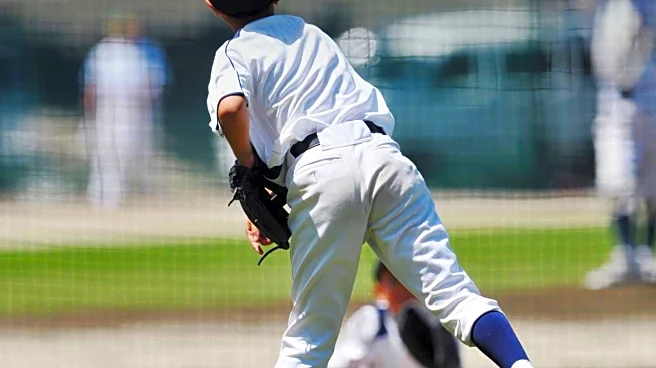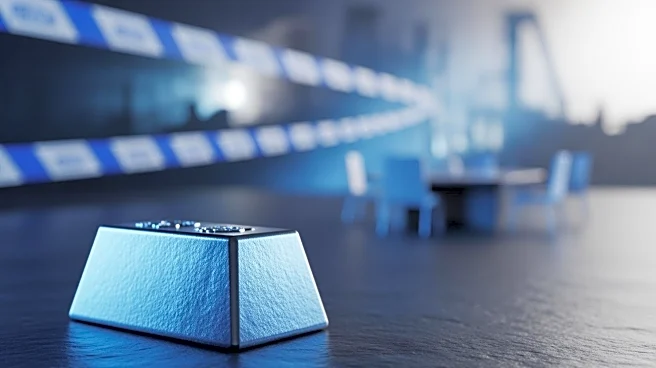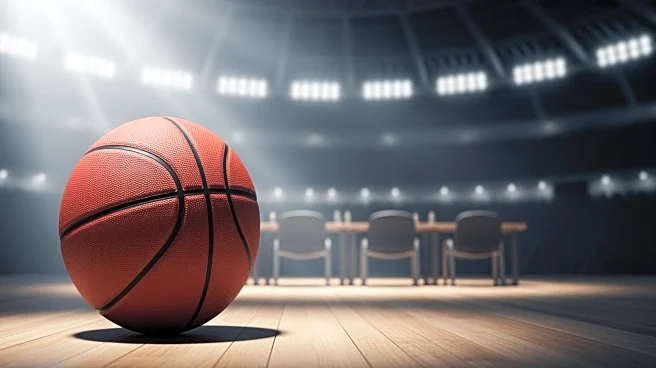What is the story about?
What's Happening?
A study conducted by Boston University has found that repeated head impacts in young athletes can lead to brain cell loss and long-term damage, even before the onset of chronic traumatic encephalopathy (CTE). The research, published in Nature, examined brain tissue from athletes in contact sports like football, hockey, and soccer, revealing significant neuron loss and inflammation. The findings suggest that repetitive sub-concussive impacts, rather than major blows, contribute to brain injury, highlighting the need for revised safety measures in sports.
Why It's Important?
The study challenges existing perceptions of sports-related brain injuries, emphasizing the risks associated with repeated minor impacts. This research could influence safety protocols in contact sports, advocating for measures to minimize head impacts and protect young athletes. The findings also underscore the importance of early intervention and monitoring to prevent long-term brain damage, potentially leading to changes in sports regulations and training practices.
What's Next?
The study's results may prompt further research into therapeutic interventions to mitigate brain injury from repetitive impacts. Sports organizations and policymakers could consider implementing stricter safety guidelines and promoting awareness of the risks associated with contact sports. The research highlights the need for continued exploration of brain injury mechanisms to develop effective prevention and treatment strategies.















